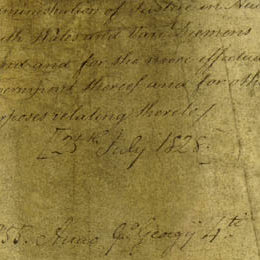Here's the first bit:
There is a tension between an ethical teleological aim - a striving towards the ‘good life' or good purpose - and its deontological aim, namely the restriction imposed by the obligation to conform one’s action to what is ‘right’: the moral sense of what one ought to do in any given circumstance. This is not a new tension; it is very old. Aristotle dealt with it. Kant dealt with it. Hegel dealt with it. Then, coming more quickly now, Marx, Kiekegaard, Nietzsche, and William James all dealt with it. More recently, John Rawls, Jürgen Habermas, Charles Taylor and Paul Ricoeur have dealt - and are dealing - with it.
This is by no means an exhaustive list. Socrates and Plato, for example, are not agnostic of the issue. Neither are any number of more recent moral philosophers and theologians who address issues bounded by questions of the ‘good’ and - or - the ‘right’.
Now - is one agnostic 'of'? or 'on' on issue?
 achhhhh. . . . how boring can I get?!
achhhhh. . . . how boring can I get?!CONSTRUCTIVE comments welcomed. (isn't this exciting?! OK - don't answer that.)


No comments:
Post a Comment